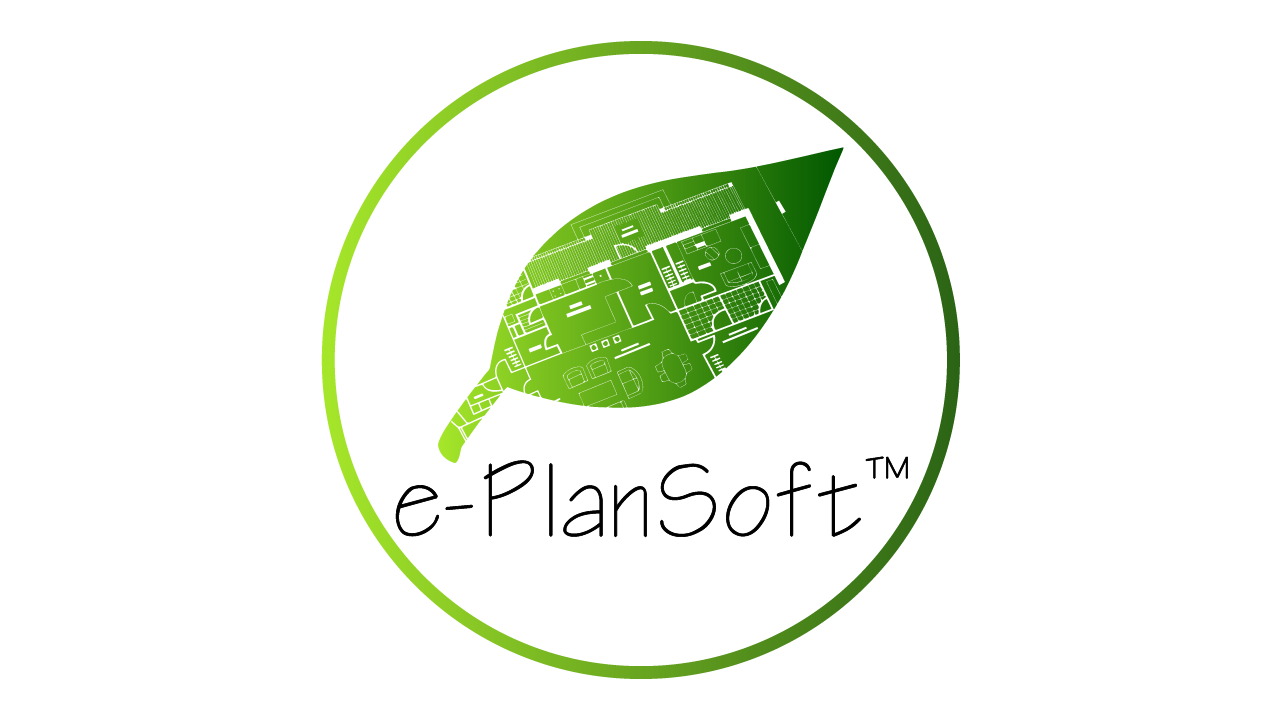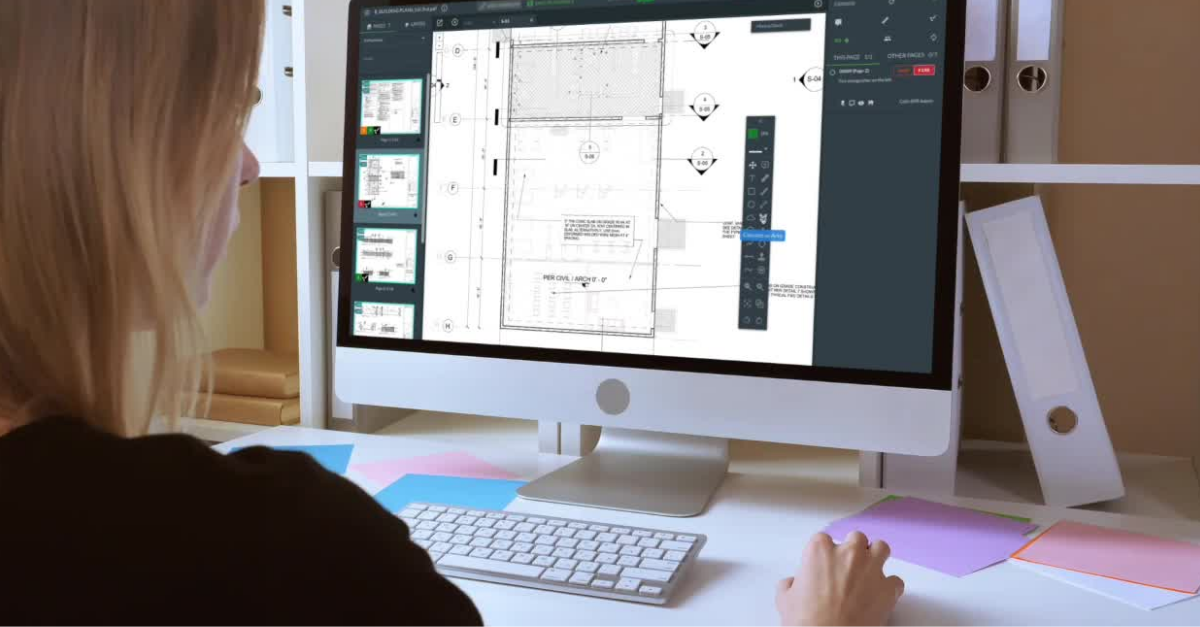Improving Citizen Trust and Engagement in Government Agencies
Building and Strengthening Citizen Trust in Public Agencies Citizen trust and satisfaction are critical indicators of success for local and state...

Explore our 2024 comparative review, your ultimate guide through the top-tier plan review solutions.
2 min read
 e-PlanSoft™ Team
Mar 7, 2024 10:32:02 AM
e-PlanSoft™ Team
Mar 7, 2024 10:32:02 AM

In construction projects, the scrutiny and evaluation of plans stand as pivotal safeguards ensuring adherence to standards and the delivery of high-quality outcomes. Historically, the oversight in Wisconsin has been primarily centralized within the State apparatus, with municipalities and private entities exercising limited jurisdiction. However, recent legislative shifts, notably Senate Bill 187 (SB187), reshaped this landscape, heralding new prospects for delegated communities.
The State of Wisconsin has traditionally wielded substantial control over plan reviews for construction endeavors, primarily managing commercial assessments and corresponding fees. Delegated municipalities were constrained to conduct reviews only up to a specified project scale, typically within a 50,000 cubic feet limit. Projects exceeding this threshold were subject to state-level scrutiny.
Enter Wisconsin's SB187 – a pivotal legislative enactment aimed at broadening the ambit of plan review authority for municipalities and private entities. A standout provision of SB187 is the elevation of the cubic feet threshold for projects eligible for local assessment. Previously set at 50,000 cubic feet, this threshold has now increased to 100,000 cubic feet. Consequently, a more diverse range of projects now falls under the jurisdiction of municipalities and private entities, affording them greater autonomy and latitude in overseeing construction plans.
The ramifications of Wisconsin's SB187 are profound, particularly for “Delegated” towns, cities, townships, and villages. These entities have the autonomy to independently conduct plan reviews corresponding with their approved state directives. With the cubic feet threshold doubled delegated municipalities stand to reap substantial benefits as they can now handle a broader spectrum of projects without recourse to state-level review mechanisms.
The enactment of Wisconsin's SB187 ushers opportunities and challenges for municipalities and private entities. On the one hand, expanded authority translates to a heightened workload and the potential for increased revenue generation through plan review fees. However, these entities must modernize and adapt their processes to adeptly manage this project surge.
Automation emerges as a pivotal solution, furnishing municipalities and private entities with the tools to streamline and bolster their plan review workflows. Among the leading purveyors of electronic plan review software, e-PlanSoft™ stands out as a trusted ally for both the public and private sectors. Our offerings such as e-PlanREVIEW®, to Cities such as Milwaukee have furnished practical solutions engineered to augment efficiency, precision, and efficacy in plan assessments, ultimately delivering time and cost savings for all stakeholders involved.

As Wisconsin navigates the evolving terrain of construction plan assessments, the implementation of SB187 heralds a significant stride toward decentralization and empowerment at the local level. By embracing innovation and harnessing technology, municipalities, and private entities can seize the opportunities afforded by SB187 while upholding the enduring safety and integrity of construction projects across the state.
To learn more about the transition to digital plan review software, we’ve included a few helpful resources:
The best way to experience our products is to see them in action. View our on-demand demo of e-PlanREVIEW® or request a live demo at the link below:

Building and Strengthening Citizen Trust in Public Agencies Citizen trust and satisfaction are critical indicators of success for local and state...
In the world of plan review software, the choice of platform can significantly impact the efficiency and accuracy of project evaluation. Bluebeam Revu
As local governments strive to streamline their permitting processes, transitioning from paper-based to electronic plan review systems is a critical...

Wisconsin's recent legislative changes have reshaped the landscape of plan review authority for municipalities and private entities, courtesy of...

1 min read
Before delving into the distinguishing features that set our electronic plan review software apart from competitors like Bluebeam, let's first...

The construction industry, like all other industries today, is struggling to maintain business continuity in the face of challenges brought on by the...